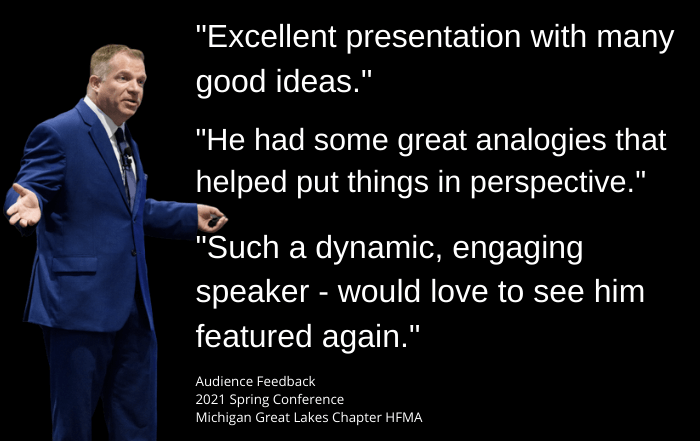 In business, your decision-making process will become stronger if you understand why you change your mind. Often you’ve uncovered a key piece of information that makes you see a situation differently. Suddenly, a change becomes obvious.
In business, your decision-making process will become stronger if you understand why you change your mind. Often you’ve uncovered a key piece of information that makes you see a situation differently. Suddenly, a change becomes obvious.
But how does that happen and can you make it happen on a regular basis? If you don’t have a process to understand why you change your mind, then you may be leaving important decisions to chance.
Recently, I polled my LinkedIn connections and followers about the top thing that makes them change their minds when making big business decisions. Here is a breakdown of the voting:
- Customer/Colleague Input: 43%
- Expert Advice: 24%
- Gut Feeling: 19%
- New Market Conditions: 14%
Let’s deconstruct the options and explore how you can add them to your decision-making process.
Customer/Colleague Input
In this scenario, you’re paying attention to what people are telling you. For instance, at a restaurant, if people are constantly asking for dessert and you don’t serve any, then you might want to start doing that.
The key for leaders is openness to feedback. Some can interpret feedback as an attack and shut it down very quickly. That may cost you good information.
Internally, do employees feel welcome to make suggestions and is there a communicated way to do it? If you want to get consistent good information, then you can’t just have your process be how you would like it. For example, some may be intimidated by an open door policy.
Also, a defined process can reduce the amount of suggestions you receive when you’re too busy to listen.
Expert Advice
It’s possible that you and your colleagues are too close to a problem to see new solutions. In this case, you need smart people on the outside.
Do you know people or groups that can provide guidance? It’s especially important if they know your industry.
For instance, let’s say you run a manufacturing business and don’t know whether you should create a second shift or just pay the first shift a lot of overtime.
You want these experts to be an email or a phone call away. With big decisions, timeliness is important.
Gut Feeling
When no one solution stands out, you may want to trust your instincts. While this may be risky, your years of knowledge and experience may be your best resource.
Not having anything to lose may play a big role in why you change your mind. You may remember the great line from the movie Argo: “This is the best bad idea we have, sir.”
New Market Conditions
In today’s world, it might be something like Artificial Intelligence that makes you realize that you need to change your mind about how you do something. Progress never stops and it’s important to have your eyes on the marketplace.
You don’t have to be a first adopter, but try not to be the last. When you start hearing about something new, check it out.






